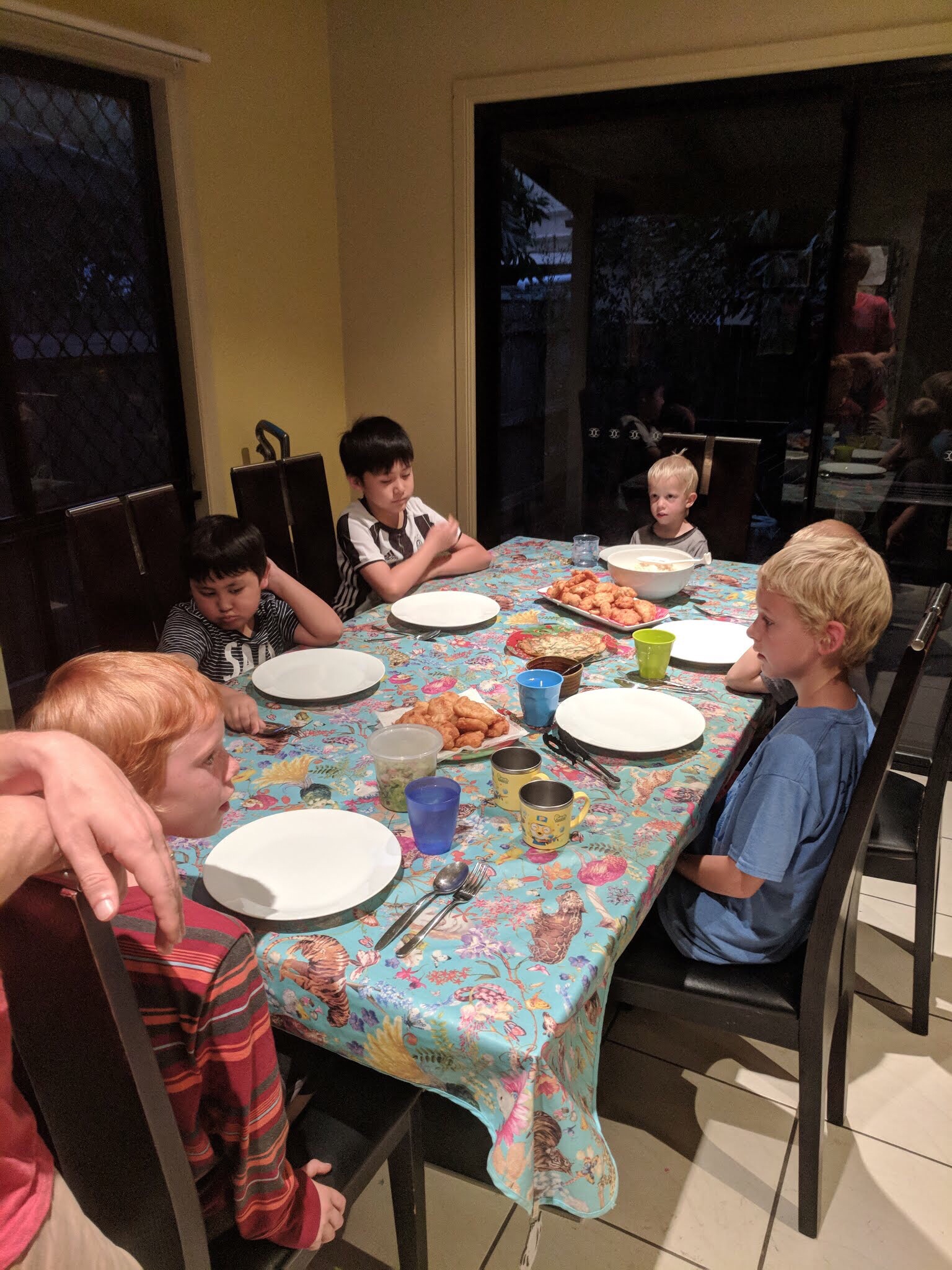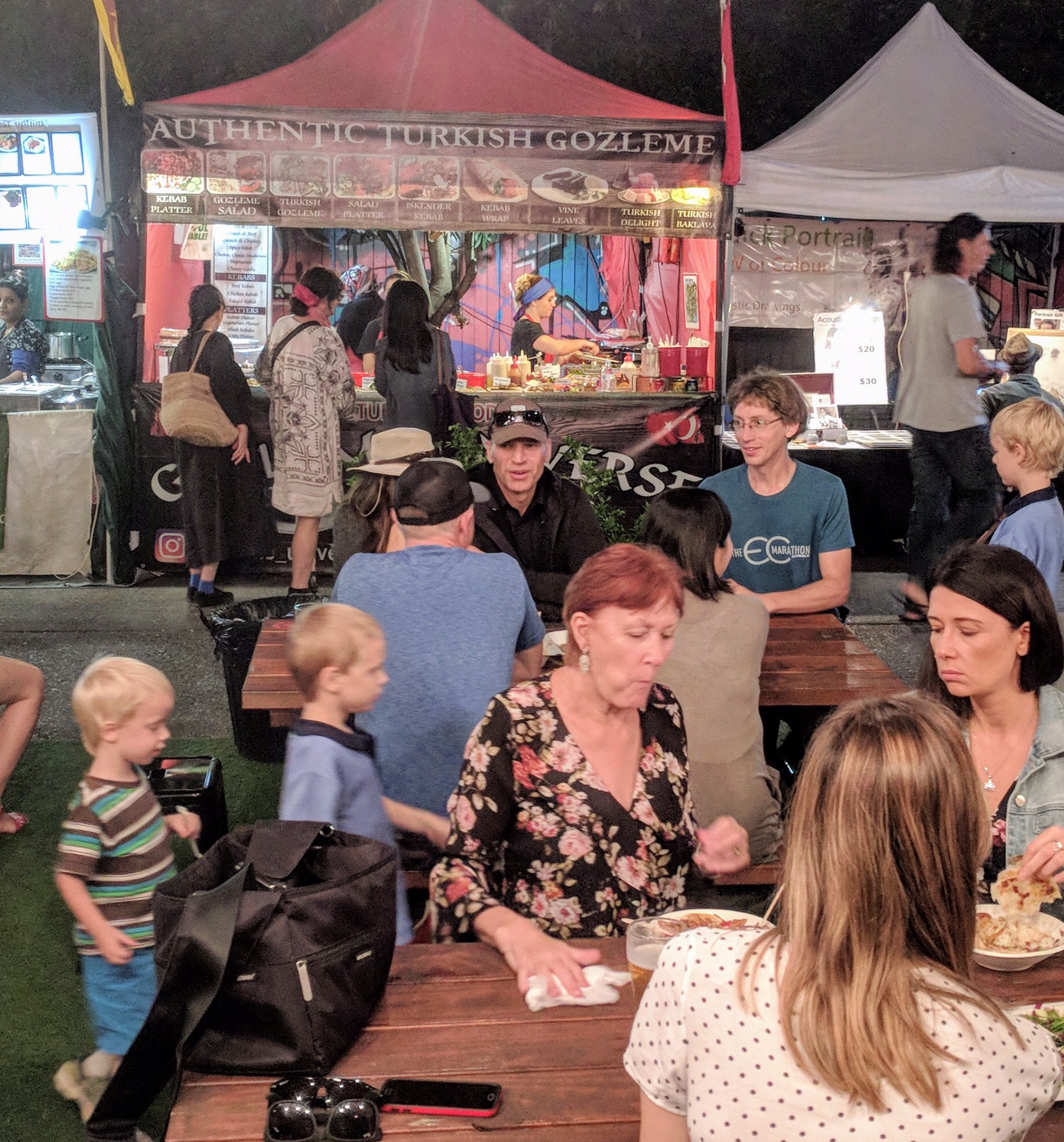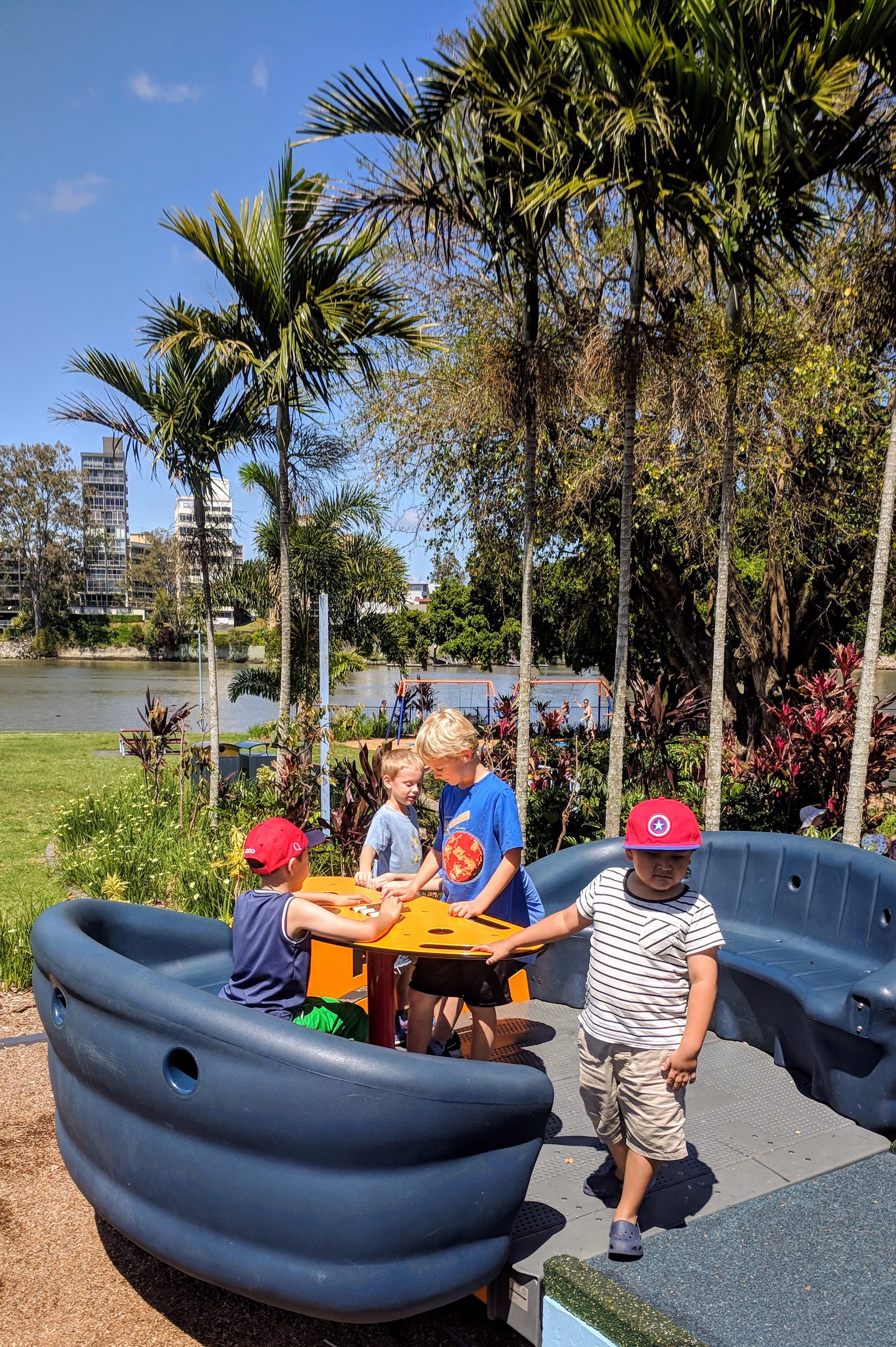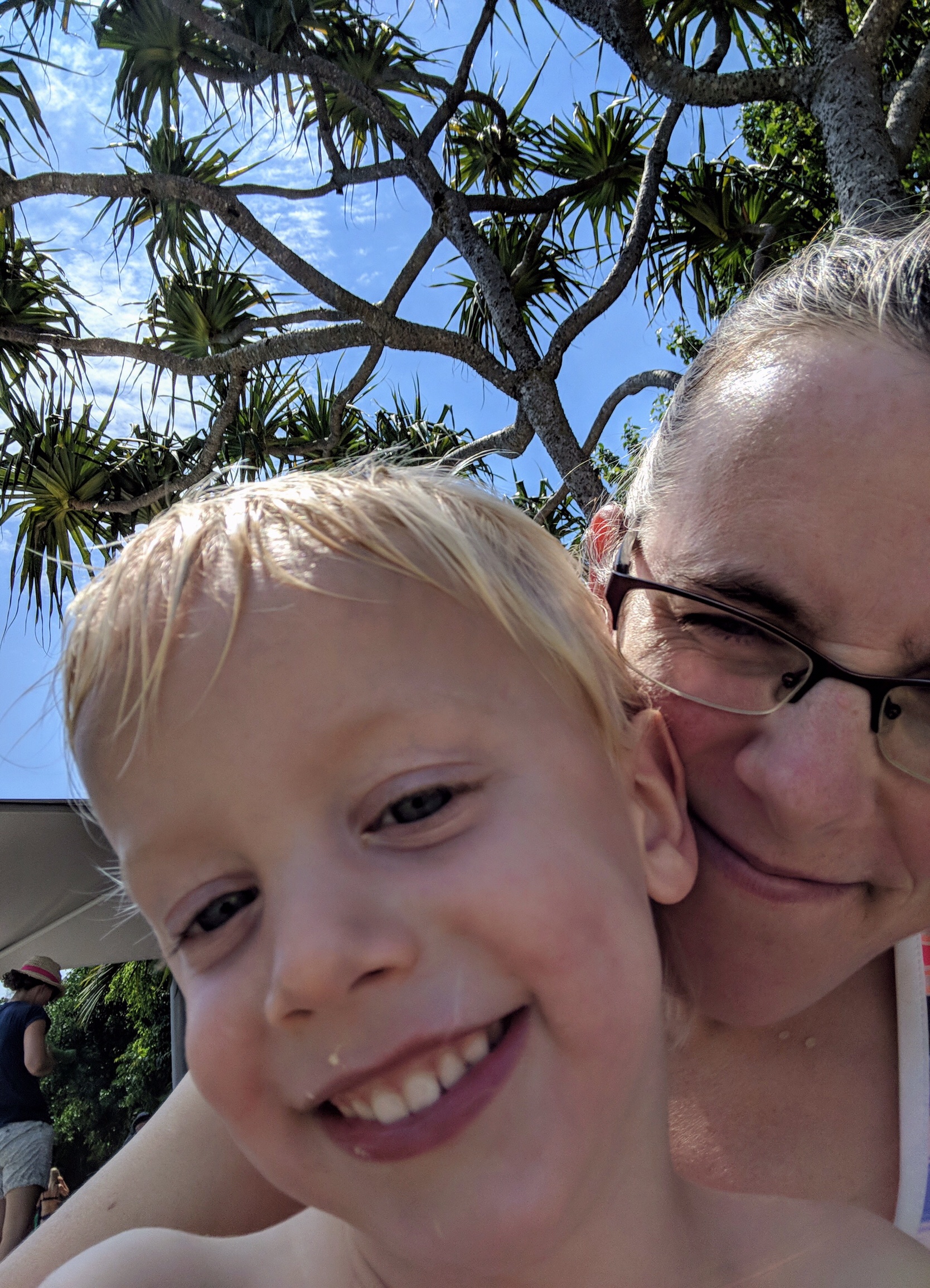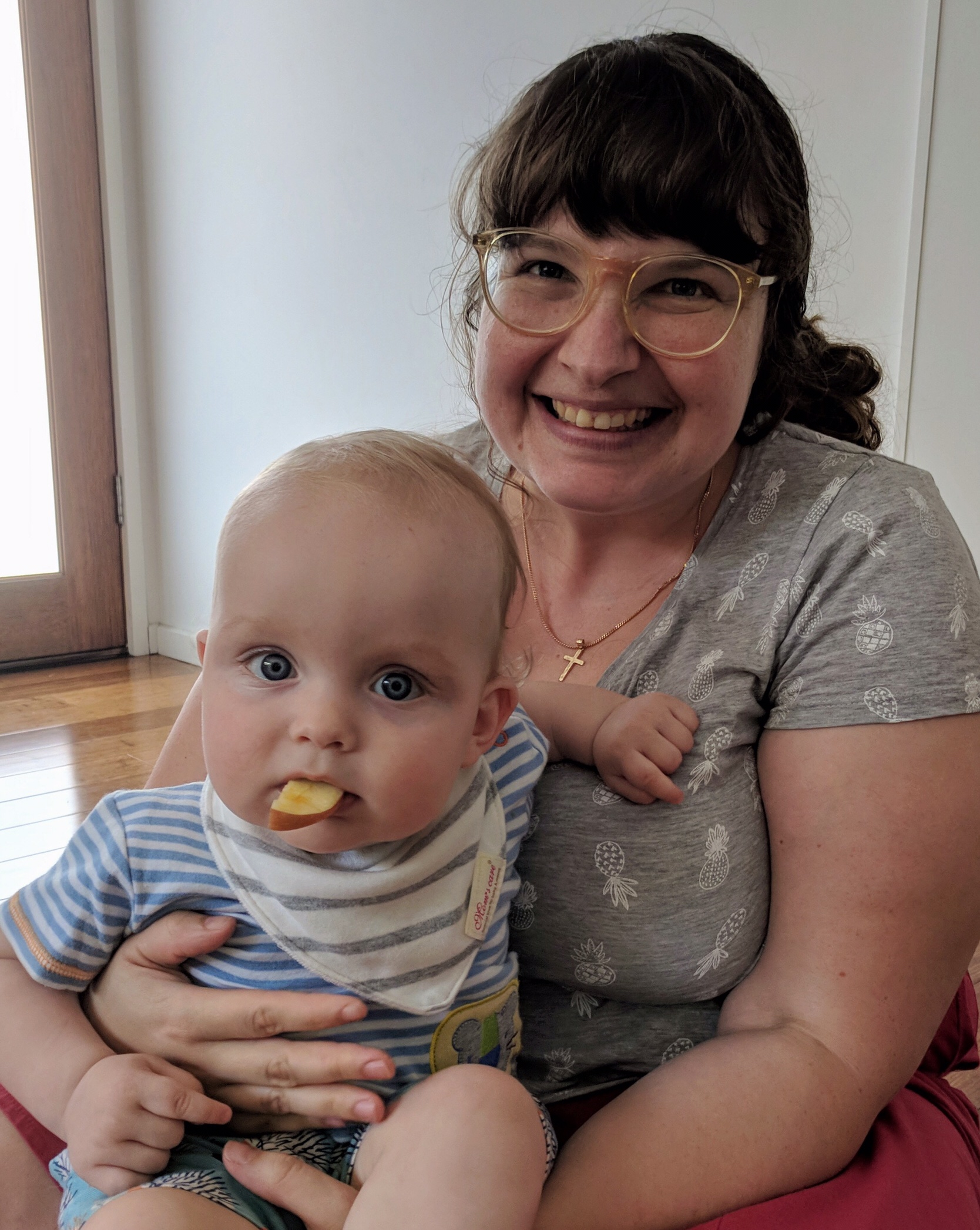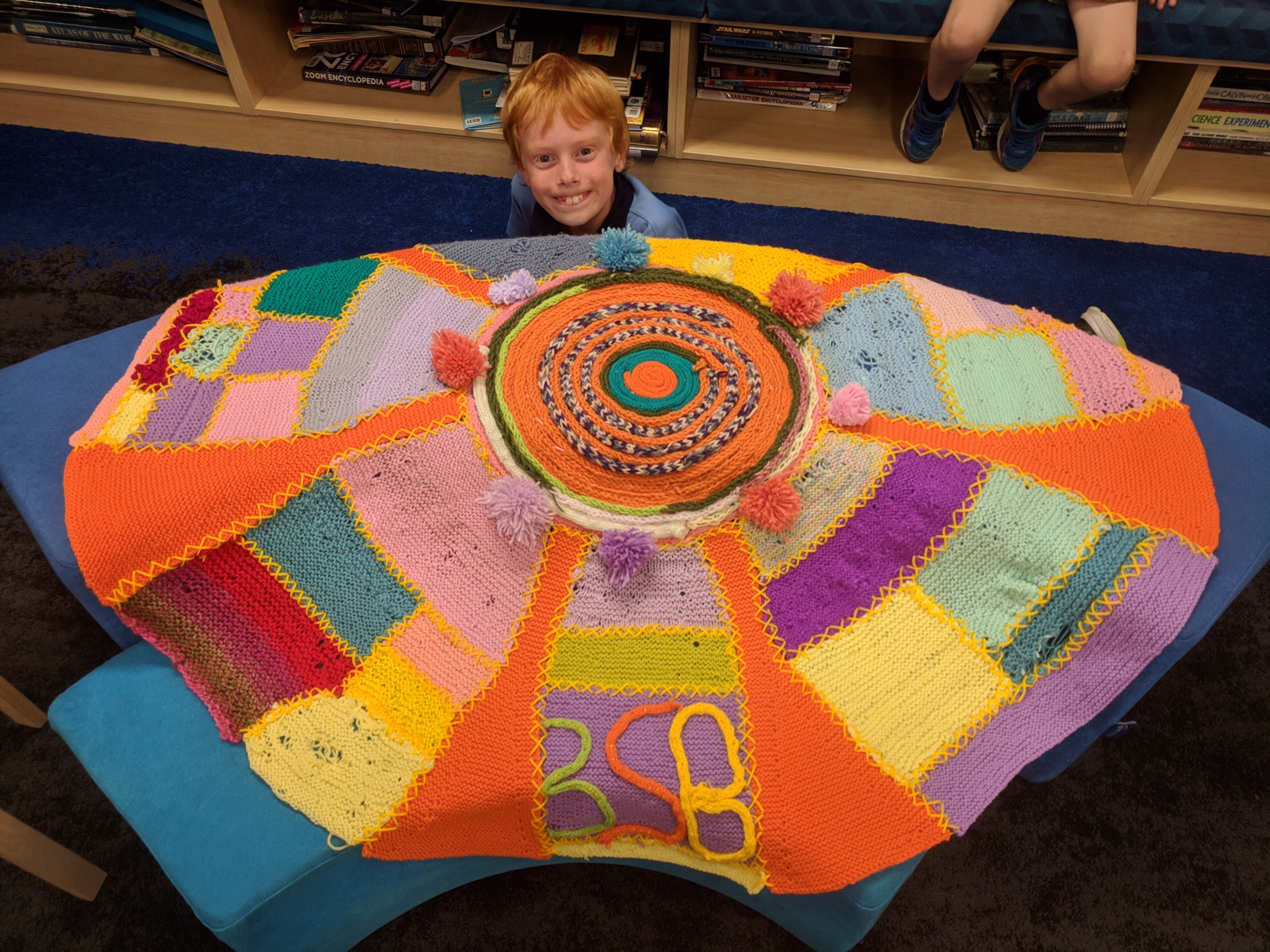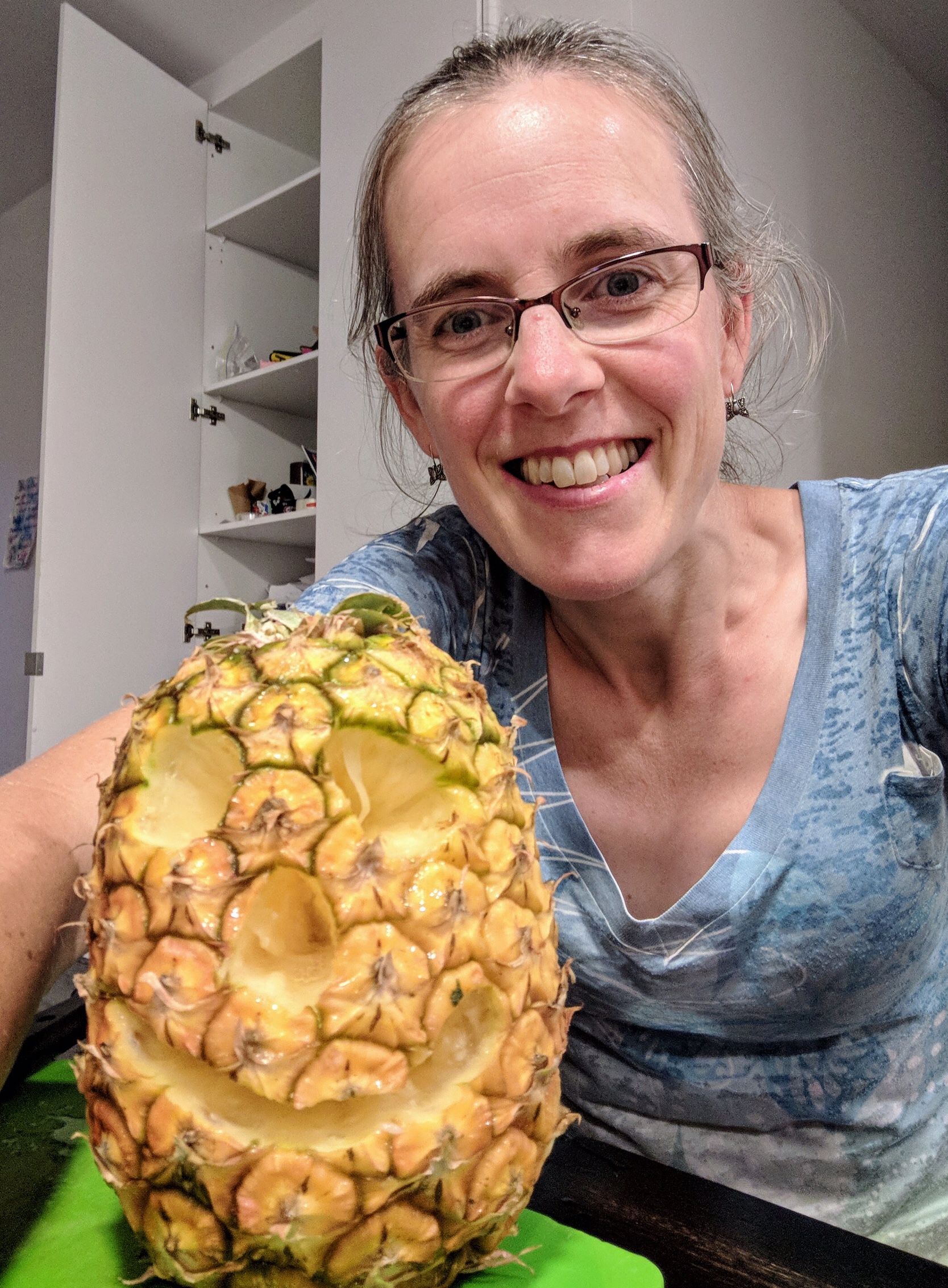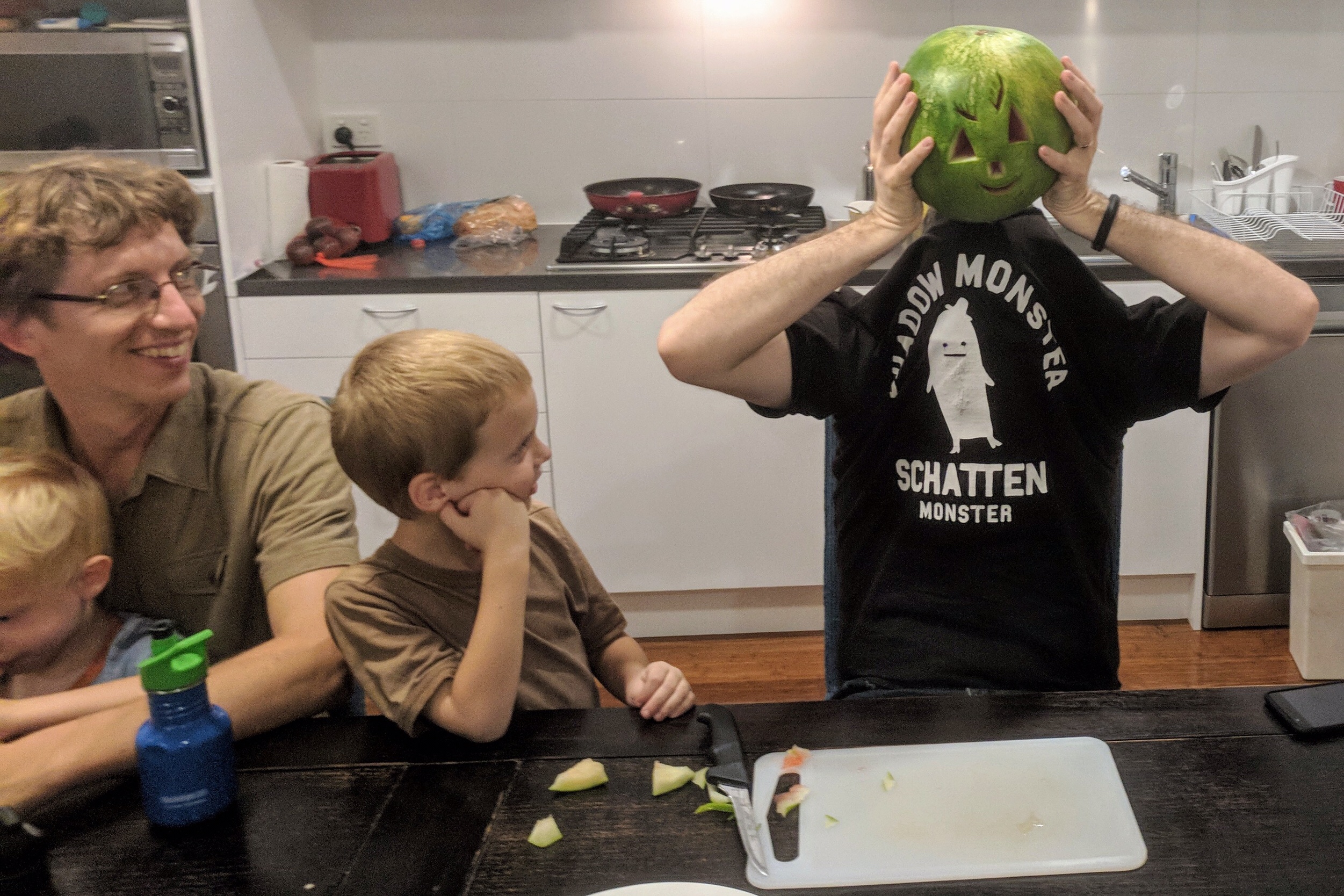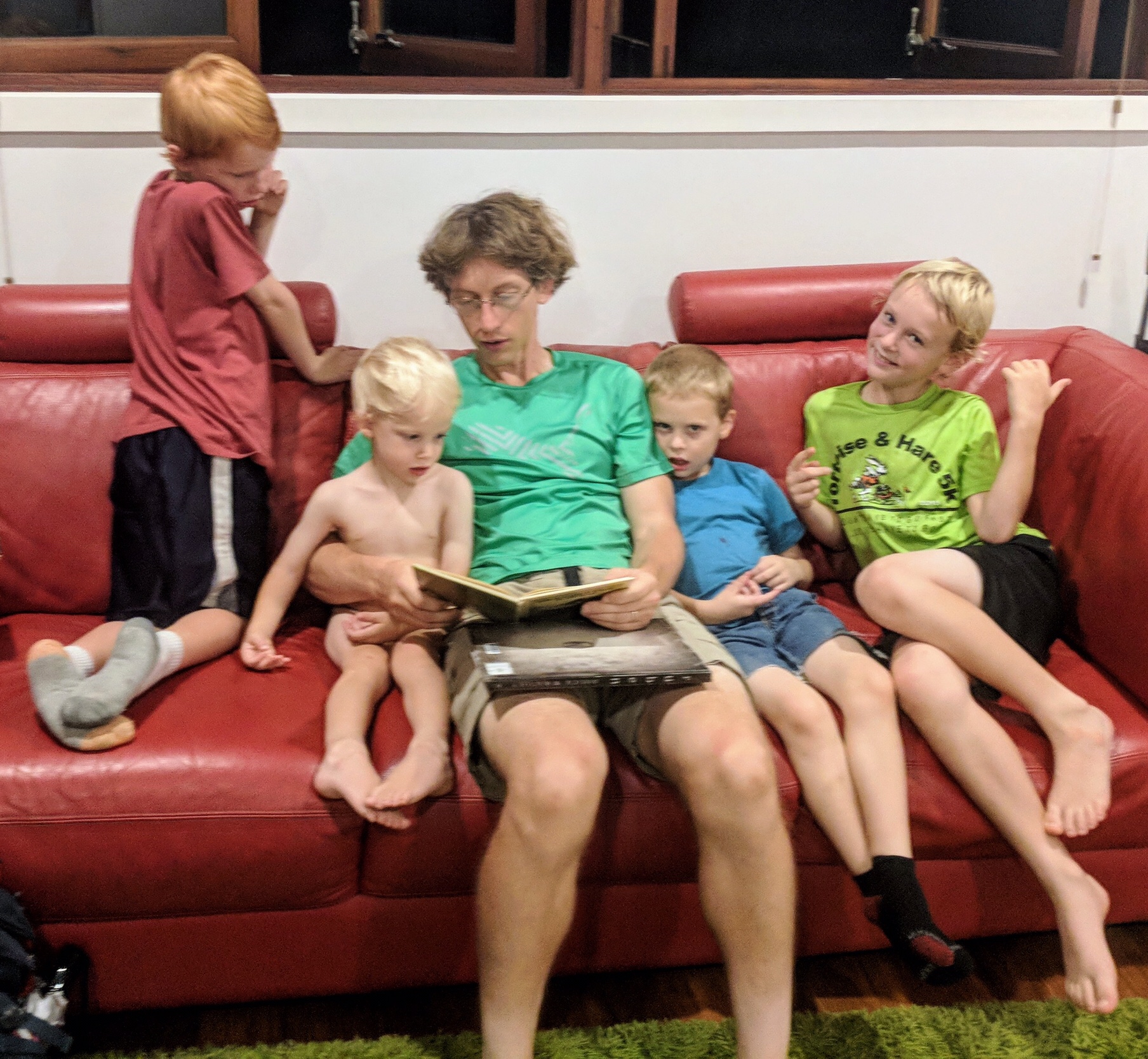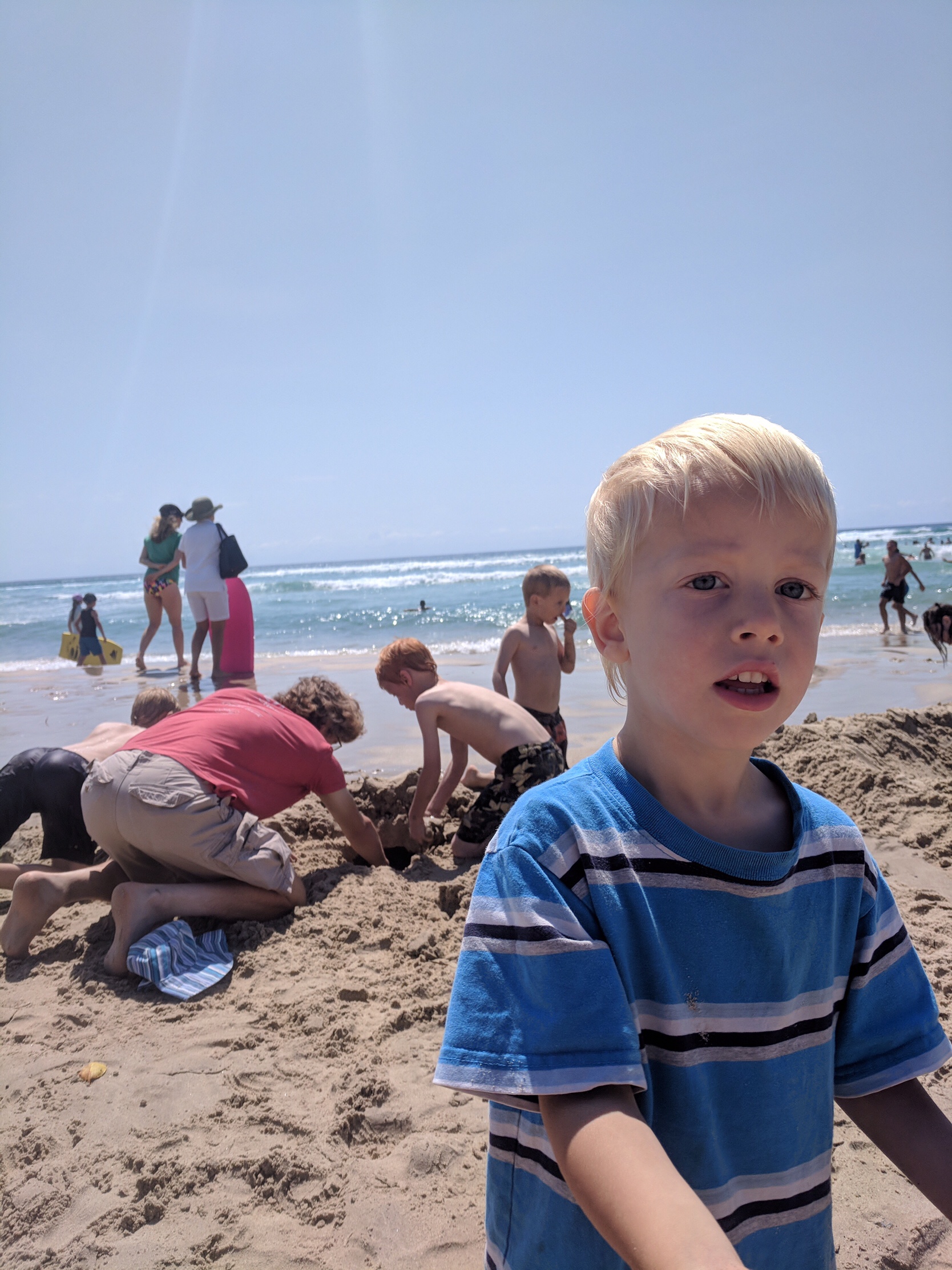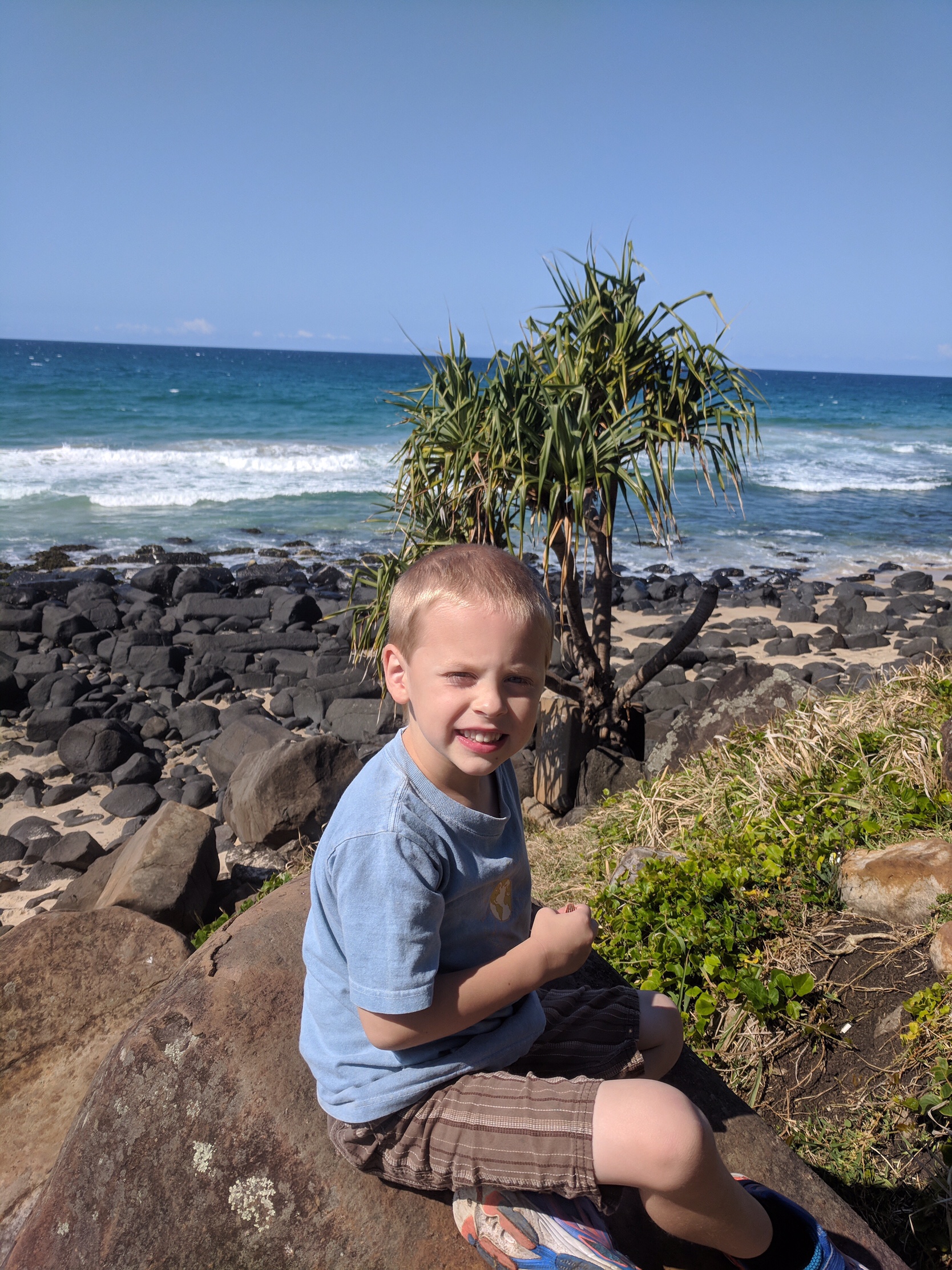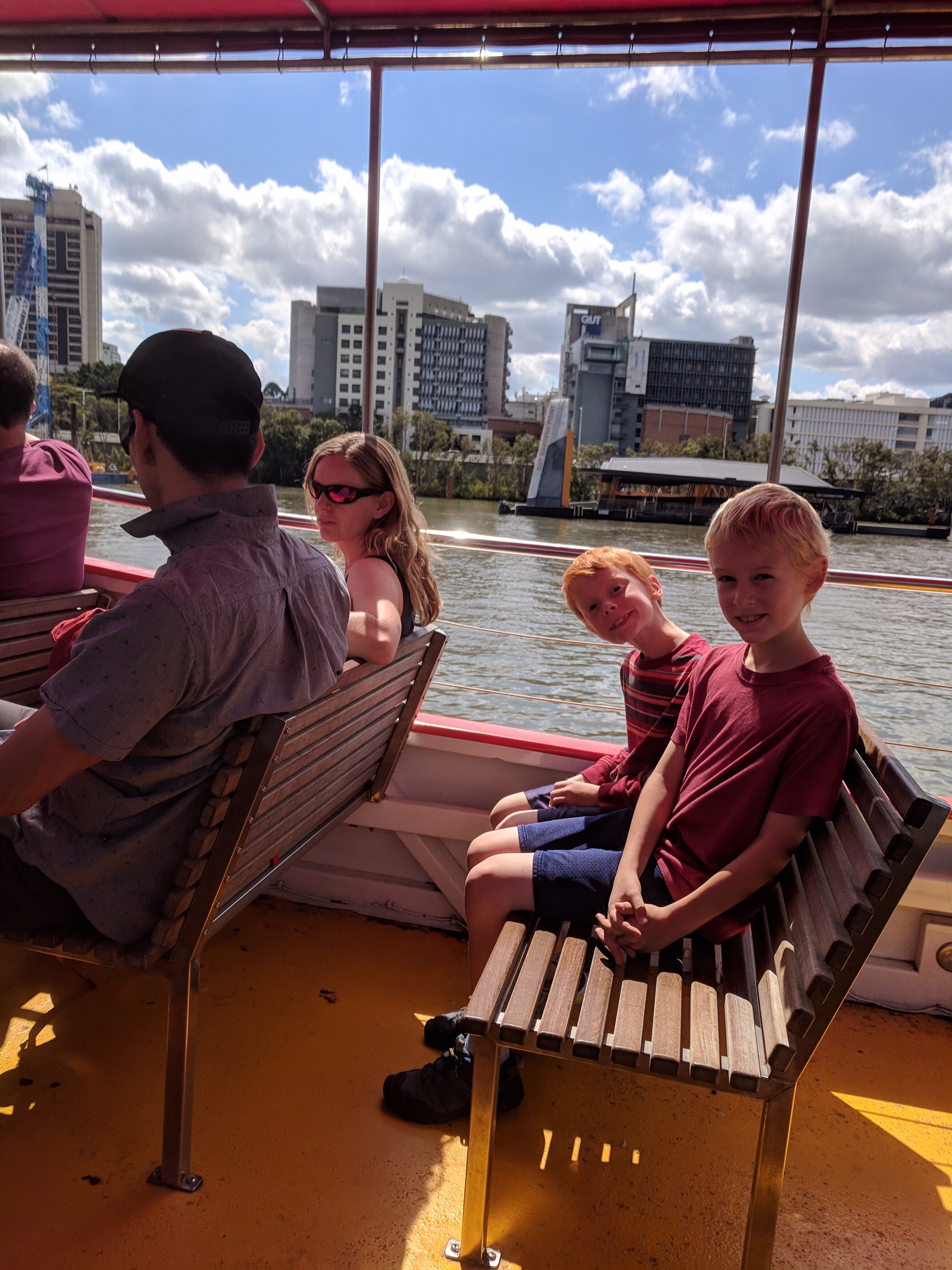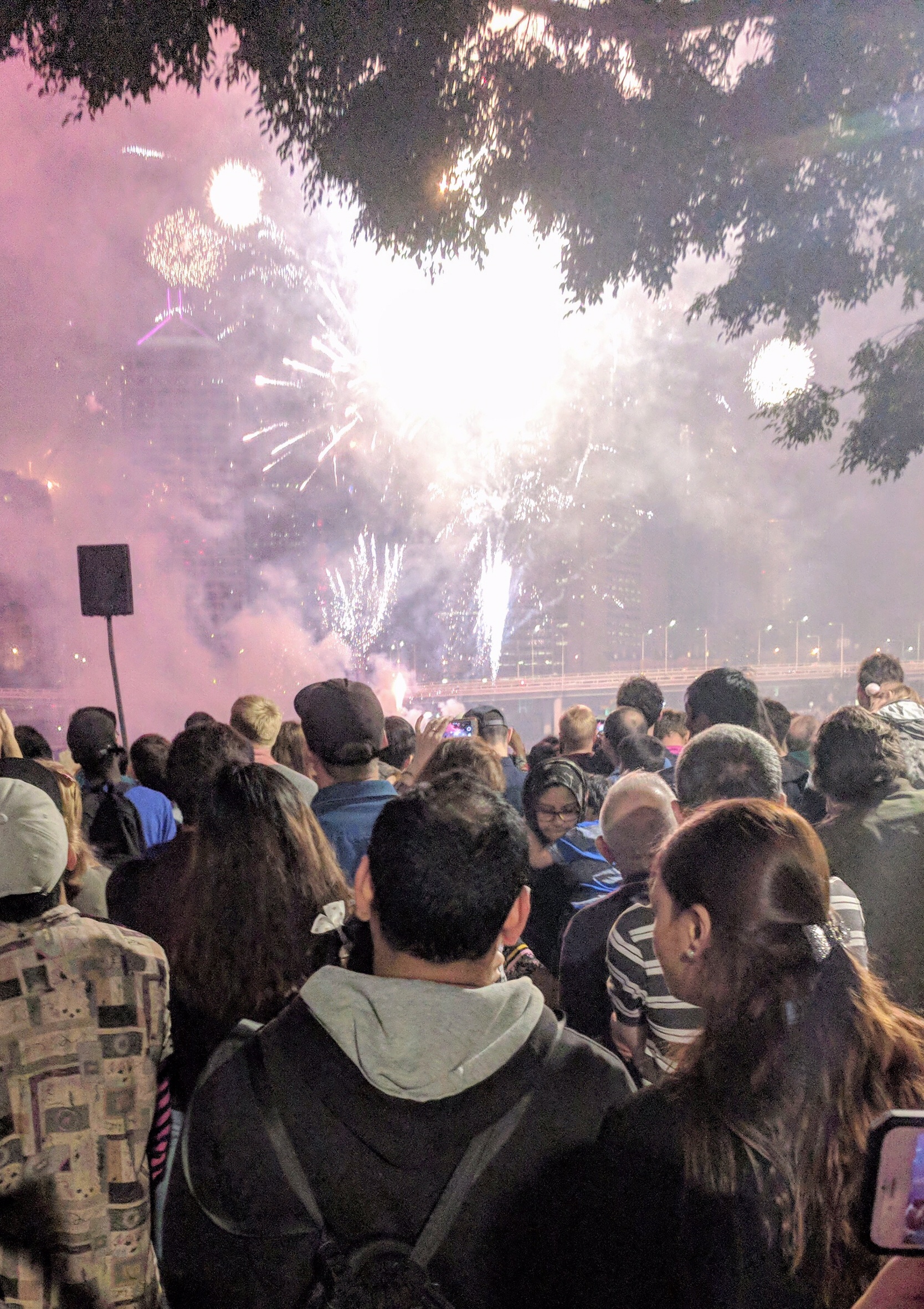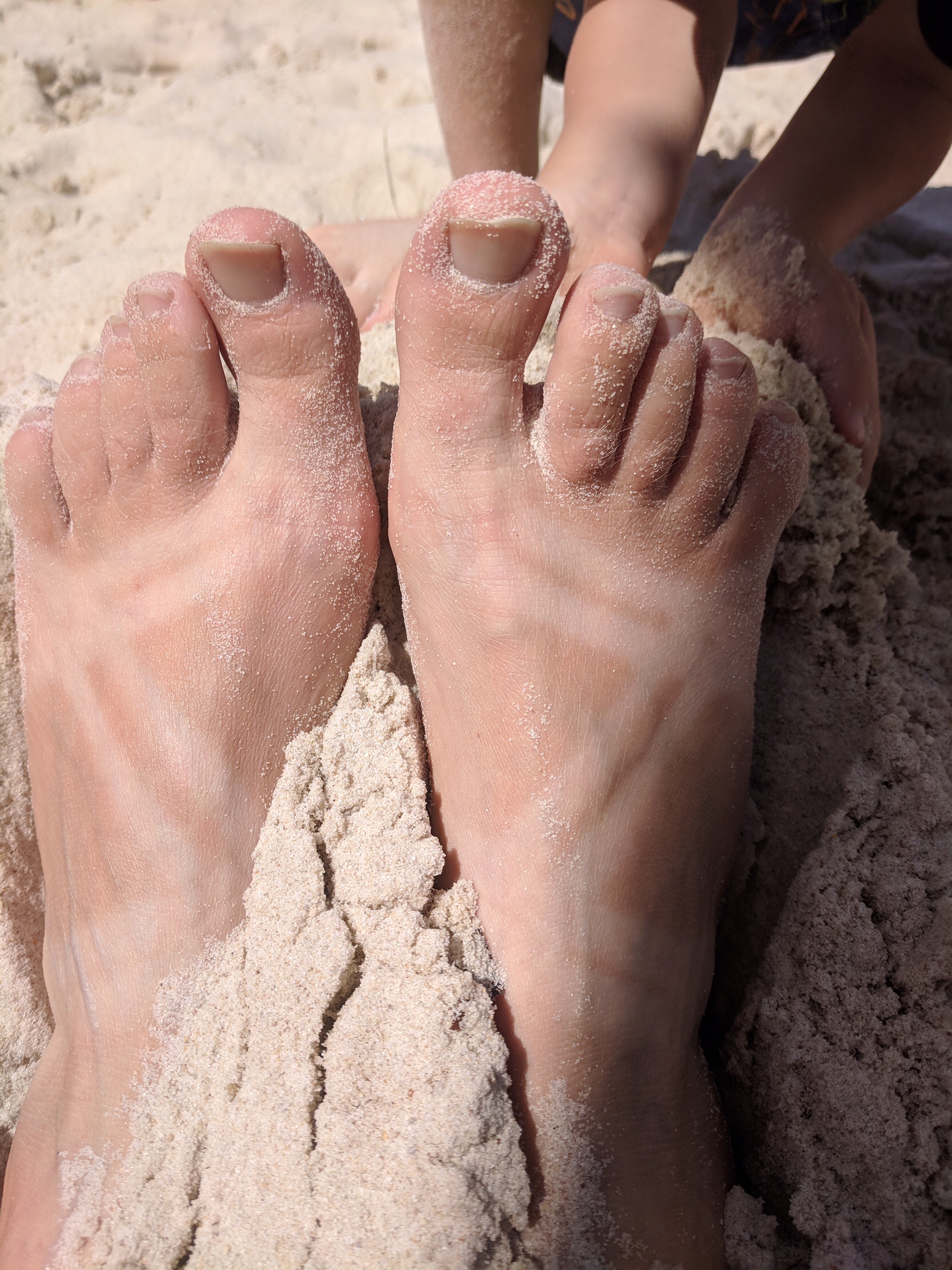There was a discussion in Reconstructing the Gospel about “the way of the cross,” that feels like a missing link, bridging gaps in me. The author simply pointed out the similarities between Jesus’ ministry and other non-violent resistance movements, like the civil rights movement, ushering in justice with love and truth.
In response I have been looking through the gospels with this question in mind: Why did they kill Jesus? Not why did Jesus die. I believe he made it clear beforehand, his death was a willing obedience. But why were those in power so offended by him that they wanted to kill him?
The thing that awed many about Jesus is how he lived what he taught. Matthew tells us at the end of the sermon on the mount that the crowds were amazed by his teaching, not because it was foreign, but because they’d never seen anyone live these teachings like he was doing. They couldn’t get over what a contrast Jesus was to their religion teachers.
This makes me wonder why he was so different from the revered religion teachers? I think it has something to do with the fact that Jesus was not trying to make a name for himself. Whenever the crowds tried to follow him on their terms, making him their ruler, he gave them the slip. On many occasions he told those he healed to keep quiet, perhaps because he wanted to love them without drawing more attention to himself than necessary.
Yet even though he didn’t seem to be out to impress or win people over to make a name for himself, he was in no way hiding out or intimidated by those in power. He stood up to them, without feeling the need to prove himself. Many chapters in John record these discussions where Jesus flat out tells these authorities on God that they know nothing about God, with no politeness or submission to people he had submitted to his whole life.
I think it’s fascinating that God chose to grow up from a baby into this confident identity. I am listening to Christ the Lord: Out of Egypt, by Anne Rice, right now with Lewis and Stewart. It is a fictional account of Jesus’ return to Nazareth as a boy of seven years old. It’s fun to think about how he was a child, submitting to his parents and the religious authorities. It adds so much to the dynamic to imagine that these authorities on God that Jesus was confronting may have been people he had known his whole life. I wonder if he revered them as a boy, or if he had any idea he was going to die at their hands.
It reminds me of my experience with my high school basketball coach. He was our middle school guidance counselor. When I was in middle school, basketball was becoming my god, and he was the revered and respected authority on basketball. So I couldn’t even raise my eyes to look at him when I passed him in the hallway. That’s how much I revered him. But by the time I was a senior on the varsity team I had lost all respect for him.
I wonder how much Jesus feared and revered those in authority when he was a child. When I imagine how he might have it makes the transformation into what he became that much more amazing, and personally encouraging.
One of my favorite passages is Luke 13: 31-35.
Just then some Pharisees came up and said, “Run for your life! Herod’s on the hunt. He’s out to kill you!” Jesus said, “Tell that fox that I’ve no time for him right now. Today and tomorrow I’m busy clearing out the demons and healing the sick; the third day I’m wrapping things up. Besides, it’s not proper for a prophet to come to bad end outside Jerusalem.”
The sense of humor that he can have when everyone is out to kill him just makes me love him. He knows what he’s about and refuses to be intimidated by anyone.
When Jesus came back from the temptation in the desert in Luke 4, he stated what he was about:
“God’s Spirit is on me; he’s chosen me to preach the message of good news to the poor,
Sent me to announce pardon to prisoners and recovery of sight to the blind,
To set the burdened and battered free, to announce, ‘This is God’s year to act!’”
Then he proceeded to do it all, relentlessly and tirelessly. Yet he was having such a blast doing God’s work that he was criticized by the religious authorities for partying so much! He healed broken and battered lives everywhere he went, physically, mentally, emotionally, socially, the whole person. He healed anywhere, anytime, even when it ticked off the religious authorities, because he was breaking their rules.
He acted with such practical compassion—bringing back the widow’s son from death, because doggone it who else was going to take care of this poor lady if he didn’t! And the people were amazed, exclaiming “God is back, looking to the needs of his people!” (See Luke 7)
And he forgave. This is what seemed to offend the religious powers the most, that he forgave sins. I get it that they thought they were defending God, saying “only God can forgive sins!” But who are we to defend God? And isn’t it revealing when we don’t like to see someone else forgiven?
Then there’s this whole thing of recovery of sight to the blind. When Jesus healed the man who was blind from birth in John 9 the religious powers were up in arms, attacking the man who was healed, intimidating him, belittling him, and eventually kicking him out onto the street, because he stood up to them. At that point Jesus found him and told him what was going on. He said,
“I came into the world to bring everything into the clear light of day, making all the distinctions clear, so that those who have never seen will see, and those who have made a great pretense of seeing will be exposed as blind.” (John 9:39)
I do think the religious powers were intimidated by Jesus because he wouldn’t back down to them, and he taught others not to. They had a lot of power over the people to defend. He was a threat to the security they had in their sterling reputation. But he wasn’t a threat because he was trying to win the people over to his side in a polarized debate. He was a threat because he was exposing the injustice of their system, the corruption in their hearts that used people to prop themselves up. Surely he forgave any of them who repented, but the whole religious system needed correcting.
When Jesus’ brothers were goading him to go to the Feast of Tabernacles in John 7 they revealed their ignorance of him, because they thought he wanted to be a “public figure,” a politician or worldly leader. But his response is really telling. He says,
“Don’t crowd me. This isn’t my time. It’s your time—it’s always your time, you have nothing to lose. The world has nothing against you, but it’s up in arms against me. It’s against me because I expose the evil behind it’s pretensions.”
So it seems to me that Jesus was killed for fearlessly exposing the evil pretensions of those who abused power over others in the name of God. This has some serious implications for me as I desire to follow him. I believe that taking up our cross is more than just putting up with some discomfort in this life. It’s standing up to injustice, even and especially religious injustice. Standing up for the oppressed, whatever the cost. A lot like the abolitionists, and the civil rights movement, and those today who are continuing to call out the slaveholder religion of our nation.
Something else I read jumped out like never before. When Jesus is praying for all believers at the end of his life he says,
“Father, I want those you gave me to be with me, right where I am, so they can see my glory, the splendor you gave me.”
What hit me is when he says this. He says it right before he goes to the cross. That’s right where he is. And he wants us to be right there with him. So we can see his glory. I don’t fully understand it, but it seems very significant to me, and desirous.
I have been intrigued by all this talk of sharing in the suffering of Christ since I first started reading the Bible 23 years ago, at age 15. I have felt a lot of guilt for living such a comfortable, upper middle class life, and felt myself getting further and further from this illusive cross that I desire. I have been pretty submissive to authority, outwardly at least, for most of my life. Also pretty isolated from the marginalized and oppressed. I don’t want to be, but I haven’t yet made the effort to cross the inherent divides in place in our nation.
Actually, the one year that I did work with inner-city African American kids in Knoxville, Tennessee it felt disastrous. I was straight out of college, idealistic, and completely unaware of my racial blindness. All told, I felt almost completely ineffective at loving those kids, mostly because I didn’t get past the shock of real world responsibilities after a pampered youth.
There’s a place in John 10 where Jesus is talking about how he’s the Good Shepherd, because he lays down his life for his sheep. The hired hand, he says, just runs when danger comes, abandoning the sheep. This is a really challenging word when I think about what it means to stand up for the oppressed. There is inherently going to be a cost, because they are in danger.
The cost might not be glamorous either. My husband teases me all the time about wanting to get arrested, because I respect those who do stand up to injustice. But there are harder things than freedom to lay down. I can relate all too well to the religious authorities that Jesus accused of living for man’s approval. I also like to try to understand things, and have lived much of my life thinking that I do. So I am thankful to be shown some of the blind thinking I’ve been handed, in my whiteness. Like the attitude that the world needs my help, because I was born into privilege.
My reaction to the recent election in our country was a desire to get back into the workforce and work for social justice. After all, there’s going to be plenty of work to be done helping the oppressed with white supremacy back in full force. But after listening to Reconstructing the Gospel, and seeing the genuine humility of the author when I watched a fishbowl discussion with him online, I have a new desire. I want what he’s got. I want to just learn how to listen.
There was a point in the discussion I watched where a thoughtful African American man asked Jonathan Wilson-Hartgrove how it was that he was able to find a different response to the reality of racial injustice. Most whites, this man had observed, either landed in crippling guilt or fearful defensiveness. His response was simple, “I have been the beneficiary of black love.”
Last Saturday morning we were down at the park, cooking breakfast over the grill with some folks from church after the weekly 5k that Chris has been running with them. It had been an unusually busy week for Chris, and I reached the end of my rope with the kids. Chris was stirring some eggs, and I, in a rather desperate moment, took the bowl from him and asked to trade and let him take care of the kids. I was awkwardly upset and uncomfortable standing there among strangers, but a sweet young Indian woman came over and started talking to me kindly. It was yet another moment where I felt the love of Jesus through others, moving towards me in my messiness instead of away.
I think somehow this vulnerability with each other, letting ourselves be loved, is key to bridging the racial divides I long to bridge. I want to be an everyday good shepherd, who doesn’t run from other’s pain, like so many have been for me. I want to learn the lost act of confession that opens doors to actual forgiveness from real people.

